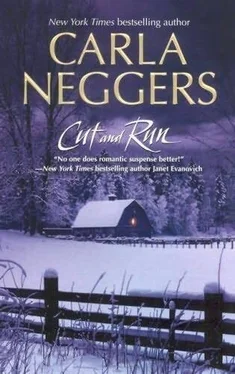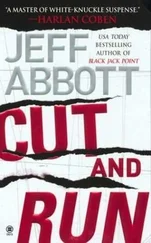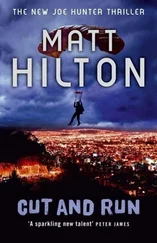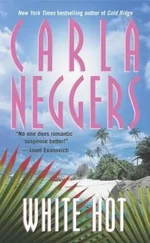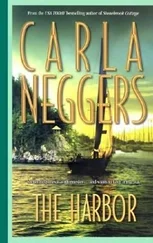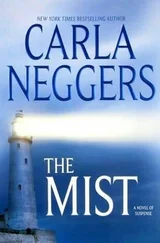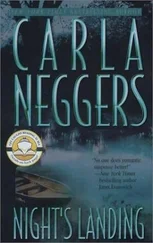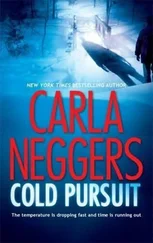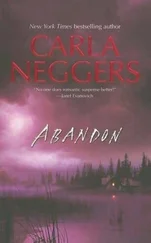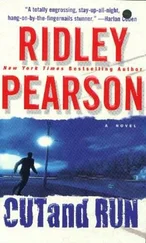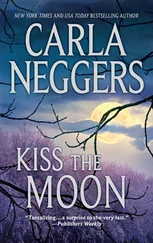“To be honest, no, I don’t.”
“Yes, you do, damn you!”
The old cutter sighed patiently. “Why don’t you just tell me, Hendrik?”
“The diamond,” Hendrik said. “The Minstrel’s Rough.”
Johannes laughed derisively and sucked something from his teeth, as if he had nothing better to do. “Don’t be ridiculous, Hendrik. I no longer have the Minstrel.”
“I don’t believe you.”
“As you wish.”
“Even if you don’t have it, you know where it is,” Hendrik said, fighting to regain the upper hand. Damn Johannes Peperkamp and his smugness! “You’ll get it for me.”
“Why would I do that?” With the stubborn self-righteousness that had always infuriated Hendrik, Johannes looked into the younger Dutchman’s eyes. “Only once in my seventy-three years have I ever been indiscreet. Never again, Hendrik. Never. It doesn’t matter what I know or what I don’t know: I will not cooperate with you.” He picked up his tea, pursed his thin lips, and took a sip. Peering over the rim of the cup, he said, “You must kill me first.”
“Then I wouldn’t get what I want, would I?”
Hendrik spoke in a mild tone, pleased with how unperturbed he sounded, and he slowly spun Johannes’s swivel chair around. Holding its wooden arms, Hendrik leaned over and searched the beady blue eyes. There was superiority there, all right, and hatred. He’d expected that. But there was also anguish. Sadness. That Hendrik hadn’t expected. Had Johannes hoped he’d changed? Shaken, Hendrik almost turned away.
“Exactly so,” Johannes said. “You wouldn’t get what you want. Kill me if you must. It makes no difference. I will not give you the stone.”
“You have family, Johannes. What if their lives were in danger?”
“My wife is dead.”
Ann. Intelligent, beautiful. She’d been a Jew married to a Gentile, but she’d survived the war-only just. Hendrik had put her out of his mind for forty years. Once more he shoved aside the thought of her, and as he did so, he straightened up.
“Your sisters are still alive.” He tried to sound cold and determined, as Senator Ryder had in the car on Saturday night, but he felt the uncertainty churning deep inside him, just as he knew the handsome Ryder had. They were not so different, the foolish senator and himself. They hid their fears behind an air of competence. Would Johannes see through his one-time friend? Hendrik warned himself he was thinking dangerously and went on steadily, “Wilhelmina lives in Rotterdam, and Catharina is in New York. Juliana, your niece, has an apartment on Central Park West. I know where they are, Johannes. I can find them.”
Now, he thought. Now the fear would come. Hendrik waited, but the old diamond cutter merely wiped his mouth with his napkin and climbed slowly to his feet.
“Catharina you would never harm, and Wilhelmina would cheerfully welcome the opportunity to slit your cowardly throat.”
He sounded slightly amused at the thought, but Hendrik couldn’t contradict him-they both knew Willie Peperkamp. If her older brother cooperated with Hendrik de Geer to protect her, she would only be annoyed.
“And Juliana’s too famous,” Johannes went on. “There’d be so much publicity if you touched her. Too risky. However-” The old man took his jacket from a peg on the wall next to his desk and shrugged his bony frame into it. “However, it’s been a long, long time, Hendrik. You could have come for the Minstrel anytime, but you didn’t. That means there are others involved. Someone else has guessed you’ve seen the Minstrel and is twisting that arm of yours that twists so easily. To whom did you promise the stone this time? Never mind, it makes no difference.” Johannes gestured politely toward the door. “Shall we go?”
Catharina’s Bake Shop had closed for the evening. In its gleaming kitchen, its proprietor rolled out pastry at an island counter. She patted the dough carefully, lovingly with the strong, broad hands, their cuticles and lines caked with flour and drying dough, the nails blunt and tough.
Juliana watched silently from the kitchen door. She’d come straight from the Club Aquarian and had used her key to enter the quiet, darkened shop. It was silly to be thinking about her mother’s hands, but she couldn’t stop herself. They were so unlike her own. Juliana had long, slender fingers, and although she kept her nails cut short, they were always manicured. Twice a day she massaged a European cream into them. They were strong hands. To be a pianist, they had to be. But suddenly she envied her mother’s wide palms and thick fingers. If Juliana had been born with Peperkamp hands, everything might have been different.
“Hello, Mother.”
Catharina didn’t look up. “Yes.”
She hissed the yes, clipping it off. Usually she just said, “Yaa,” drawing out a long, broad a. She pounded the dough, her usual care and gentleness abruptly gone.
“Mother, is something wrong?”
“Nothing that concerns you.”
“Mother, talk to me-please. Look, a reporter’s been asking me about your friend Rachel Stein. I know she was with Senator Ryder on Saturday at Lincoln Center. Ryder was also supposed to meet with a Dutchman by the name of Hendrik de Geer. Have you ever heard of him?”
Catharina sprinkled flour on the wooden rolling pin and slammed it down on the dough. She had yet to glance up, to see her daughter in her lavender hair and raccoon coat. She was the rock of Juliana’s existence, her stability, the one thing she could count on in her frenzied life not to change, and something was desperately wrong. More than a visit from a friend she hadn’t seen in a long time, more than a daughter asking too many questions. Juliana had never seen her mother so withdrawn and uncommunicative.
“Mother?”
“You should be in Vermont, Juliana. You need rest.”
“I wish you’d talk to me. Look, don’t I have a right to know what’s going on?”
Still not looking up, Catharina banged the rolling pin on the counter.
“Mother, what is it?”
“Rachel,” she said at last. “She’s dead.”
“Oh, my God-I’m so sorry. What happened?”
Still Catharina didn’t look up, still she continued to work. “She fell outside Lincoln Center and hit her head and died. It was in the papers this morning.” The words came out machine-gun style, but more heavily accented than was usual for her. “The police say it was an accident. That Rachel slipped on the snow and ice.”
Juliana worked at controlling her breathing, a relaxation technique she often used before a performance. “How awful,” she said. But something inside her told her not to believe it. Did Stark know? Had the bastard been playing games with her?
With the top of a bent wrist, Catharina brushed wisps of white-blond hair off her pale, sweaty forehead. A bit of flour stuck in her eyebrow. The tight anger seemed to disappear all at once, and Juliana watched the pain and grief descend, filling the soft eyes with tears and drawing out the lines in the attractive face. Her lower lip began to tremble, and then her hands. She quickly began to smooth the flattened, ruined dough with her fingers.
“Go to Vermont,” she said. Finally, she looked at Juliana but didn’t even see the hair or the coat. “Please.”
“Mother, what aren’t you telling me? I wish you’d be honest-”
“I am being honest!” Her head shot up, and more curls fell into her face, but the tears hadn’t spilled out from her eyes. They shone in the dim light. “I’ve lost a good friend, Juliana. I don’t want to burden you with my sadness.”
“That’s bullshit, Mother,” Juliana said quietly.
Catharina picked up the rolling pin.
“You just want to get rid of me. You don’t want me in town. Why not? Is it because of what happened to Rachel?”
Читать дальше
Конец ознакомительного отрывка
Купить книгу
